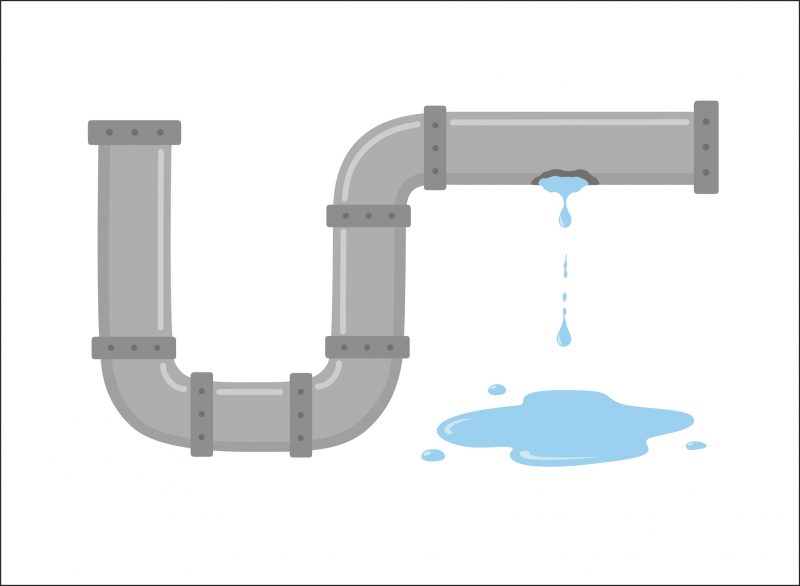
The Curious Connection: Heart disease and osteoporosis
February is American Heart Month. A great time of the year to focus on caring for your heart. Did you know that caring for your heart may also help care for your bones?
Interestingly, studies have shown that people with heart disease are more likely to break a bone due to osteoporosis. Conversely, post-menopausal women with osteoporosis are at an increased risk of cardiovascular disease.
So what’s the link? It seems strange that the weakening of hard, rigid bones may be associated with the stiffening of soft and supple blood vessels. There may actually be several connections. One link is hypertension (HTN).
HTN, or high blood pressure, is a prominent cause of death worldwide, and a significant risk factor for coronary heart disease, but also for stroke, dementia, chronic kidney disease, and damage to your eyes.
There also appears to be a relationship between HTN and osteoporosis, particularly in women. Bone loss has been associated with high blood pressure in older women. In a meta-analysis study that looked at over a million people, osteoporotic fractures are 33% higher in people with hypertension.
So why does having high blood pressure increase your risk for osteoporosis?
Here are a couple of thoughts:
- Excess calcium excretion: High blood pressure can increase urinary calcium secretion leading to secondary hyperparathyroidism. Your parathyroid glands monitor and regulate blood calcium levels in the body. As you know, calcium is stored in our bones and is essential to bone strength. However, it also has many other important roles in our body. It plays a vital role in muscle contractions, blood clotting, and is a cofactor for many enzymatic reactions that run your body. Therefore, it is important to maintain a very strict level of calcium in the bloodstream. If you lose too much calcium in the urine due to hypertension, your parathyroid glands will secrete parathyroid hormone, which will cause calcium to be released from the bone to supply the body with the calcium needed to fulfill all the bodily functions. Loss of calcium from the bone can accelerate osteoporosis.
- Bone is highly vascularized. Bone is a living organ and requires blood flow. It has a large concentration of blood vessels in the periosteum (the outer membrane of the bone) and in the bone marrow. Recently, it has been found that there is also a network of transcortical blood vessels that run through the bone connecting the periosteum to the bone marrow. While the effect of hypertension on these vessels has not been studied, this condition has major effects on vessels elsewhere in the body. So theoretically, HTN could damage the blood vessels in your bones limiting nutrient flow and increase oxidative stress and inflammation, both of which can damage our bones.
- HTN causes chronic activation of the sympathetic nervous system. When our sympathetic nervous system is activated it can cause a cascade of hormone secretions that can lead to vascular constriction and inflammation throughout the body. Additionally, one of the hormones that is secreted, angiotensin ii, has been found to accelerate osteoporosis by activating osteoclasts, the cells that break down bone.
So you can see that controlling your blood pressure may not only save your heart but also your bones!
There are several lifestyle factors that can help to control BP naturally….
- If you are overweight, losing weight will help to naturally lower blood pressure
- Exercise is also great for reducing blood pressure and will help keep your bones strong
- Eating a diet rich in vegetables and fruits. This shouldn’t be a surprise to any of us! One diet that gets good reviews for lowering blood pressure is the DASH diet (Dietary Approaches to Stop Hypertension). There have been many studies touting the blood pressure-lowering benefits of the DASH diet. This diet encourages eating lots of fruits and vegetables, lean proteins, and whole grains but also restricts sodium intake to no more than 2,300 milligrams a day, or 1 tsp of salt. It is very restrictive in salt.
Eating too much salt can certainly contribute to high blood pressure, especially if you are a salt-sensitive person. However, salt is also a vital nutrient in our diet. It is essential for nerve and muscle function, helping to maintain healthy blood pressure and healthy adrenal glands, our stress handling glands.
However, the SAD diet (Standard American Diet) is loaded with salt. The excess salt in the SAD diet isn’t coming from grinding a little sea salt on your meal at night but from sodium in all the processed foods that line our supermarket shelves. The food industry adds sodium to food because it is a cheap preservative, makes the food taste better, and is addictive! You might remember the Lay’s potato chip advertising campaign back in the 60’s that stated “I betcha can’t eat just one!” Although our bodies do need salt to survive if you are eating foods from a box, a bag, a can, a bottle, or off a menu you are eating too much salt.
What goes hand in hand with consuming too much sodium from processed foods, is not eating enough foods that contain blood pressure-lowering minerals like potassium, calcium, and magnesium. These minerals are key to maintain healthy blood pressure. Potassium helps to remove excess sodium from your body and relaxes the blood vessel walls. Magnesium, being a natural muscle relaxant, can prevent your blood vessels from constricting and also helps relax the walls of your blood vessels. Calcium helps blood vessels tighten and relax when needed.
So including foods rich in potassium, magnesium, and calcium are just as important in maintaining healthy blood pressure as reducing processed foods that are abundant in salt.
Try including these foods in your daily diet to help maintain a healthy blood pressure and you will also get the added benefit of improving your bone strength!
Potassium: Beet greens, spinach, Bok Choy, Swiss chard, Brussel sprouts, tomatoes, asparagus, sweet potatoes, beets, bananas, lima beans, cantaloupe, tuna
Magnesium: Pumpkin, sesame and sunflower seeds, spinach, Swiss chard, black beans, quinoa, soybeans
Calcium: Yogurt and dairy (if not sensitive to dairy products), sardines, sesame seeds, leafy greens, tofu
The connection between HTN and bone health is just another example of how everything in the body is interconnected. Dysfunction in one organ or system affects the function of every other organ in the body. This is why it is so important to take a holistic approach to our health.
Looking to take a holistic approach to address your bone loss? I am only an email away! Reach out to see if I can be of help! susan@nurturedbones.com
References:
- Hypertension and osteoporosis: Common pathophysiological mechanisms
- Trans-Cortical Vessels: Scientists Discover New Type of Blood Vessel in Long Bones
- Angiotensin II accelerates osteoporosis by activating osteoclasts









